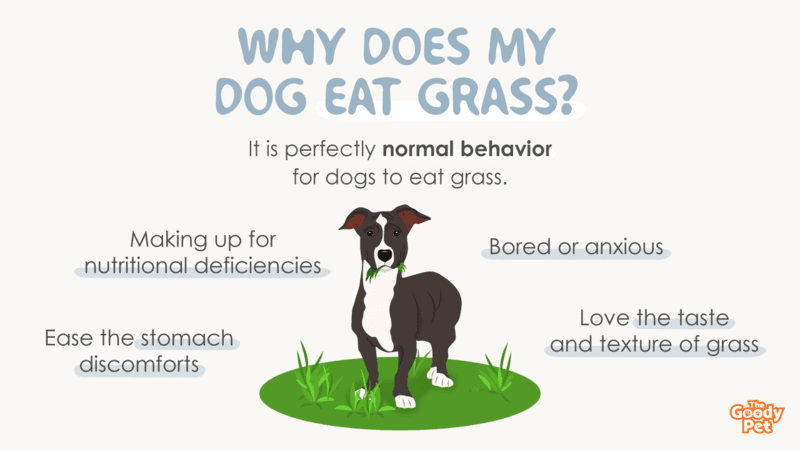Seeing your dog eating grass frantically for the first time can cause a lot of worries. Are you not feeding your dog enough food? Is your dog sick? Will the grass make your beloved pooch sick?
There are several reasons why dogs eat grass. For some, eating grass is a way of making up for nutritional deficiencies. For others, eating grass allows them to ease stomach discomforts. This is especially true when your dog eats grass and poops.
Some dogs will eat grass because they are bored or anxious, while others eat grass simply because they like the taste and texture of grass.
If your dog is suddenly eating grass like crazy and making you concerned about their wellbeing, you have landed on the right page. In this article, we’ll look at whether it is safe for your dog to eat grass, the types of grass that dogs eat, and what to do if your dog seems desperate to eat grass.
Before getting into all these details, however, let us answer the biggest question about dogs eating grass; is it normal behavior for dogs to eat grass, or should you be concerned when your pooch starts grazing?
Is It Normal For My Dog To Eat Grass All The Time?
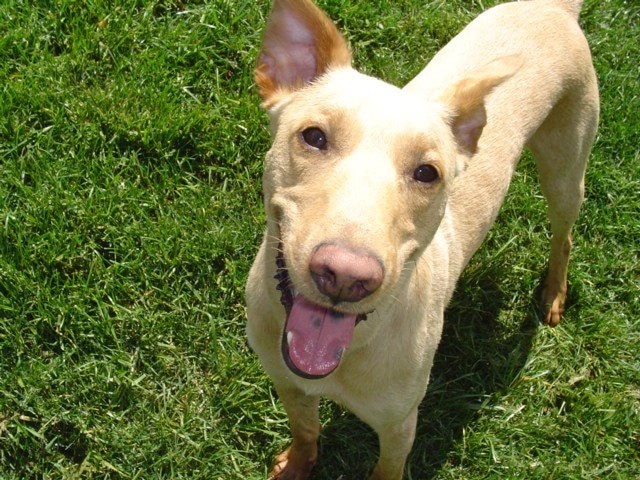
It is perfectly normal behavior for dogs to eat grass, according to a study carried out by researchers from the University of California. The behavior has even been observed among wild dogs.
In the above study, the researchers asked 47 owners of healthy dogs who had daily access to plants whether their dogs routinely ate plants. Close to 80% of the participants reported that their canine companions regularly ate grass or other plants.
The researchers then carried out another survey over the internet, asking dog owners with dogs that routinely ate plants to provide information about the kind of plants their dogs ate, as well as the frequency with which they ate plants.
The results of the survey showed that 79% of the dogs ate grass. Reports by the participants also showed that 68% of the dogs ate grass or other plants at least once a week. The findings of these two studies show that it is totally normal for your dog to eat grass all the time.
That said, it’s also good to note that dogs will sometimes eat grass when they are unwell. If your dog suddenly starts eating grass, observe them more keenly.
If you notice any signs of discomfort, or any symptoms like diarrhea, vomiting, loss of appetite, weight loss, lethargy, or bloody stool, quickly have your canine buddy checked out by a vet. Some illnesses that could cause your dog to eat grass include pancreatitis, inflammatory bowel disease, and gastric reflux.
Will It Hurt My Dog To Eat Grass?
On its own, eating grass will not hurt your dog in any way. However, the grass could be contaminated with things like herbicides and other toxic substances, as well as parasites, in which case it could be harmful for your dog.
Here are some common concerns most dog owners have about their dogs eating grass…
Why Is My Dog Eating Grass And Vomiting Yellow Bile?
When your dog regularly vomits yellow bile immediately after eating grass, this is a sign that there is something wrong with your dog’s gastrointestinal tract.
Bile is a yellowish, acidic substance that is produced in the liver to aid with the digestion of proteins and fats in the small intestines. If bile makes its way to the stomach, it can trigger irritation, especially if your pooch was hungry at the time.
This irritation could be causing your dog to eat grass in an attempt to ease the discomfort. If you notice that your canine buddy always vomits yellowish puke after eating grass, you need to take your dog to a vet and have the problem diagnosed.
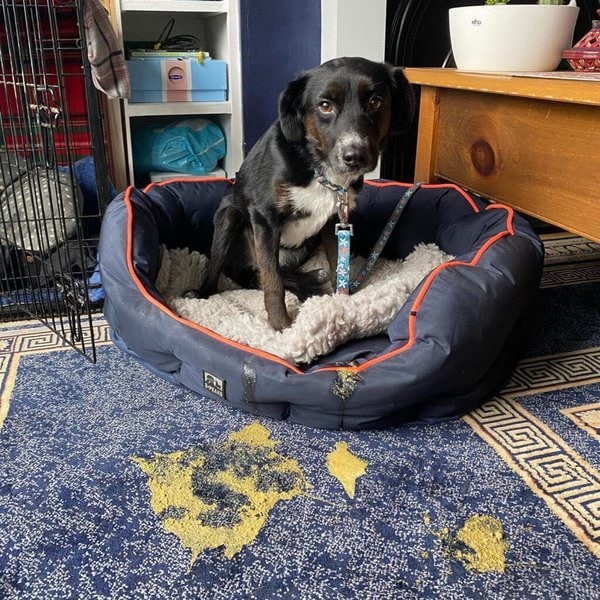
Can Eating Grass Give Dogs Diarrhea?
The grass itself is not harmful to your dog and is therefore unlikely to cause diarrhea.
If your dog is eating grass and has diarrhea, the likely explanation is that your dog already has a stomach upset that is causing diarrhea, and by eating grass, your dog is trying to ease the stomach discomfort.
Diarrhea can also be caused by eating something toxic, such as herbicides used on the lawn, or other toxic garden plants growing alongside the grass. If diarrhea persists for more than a few days, take your furry buddy to the vet.
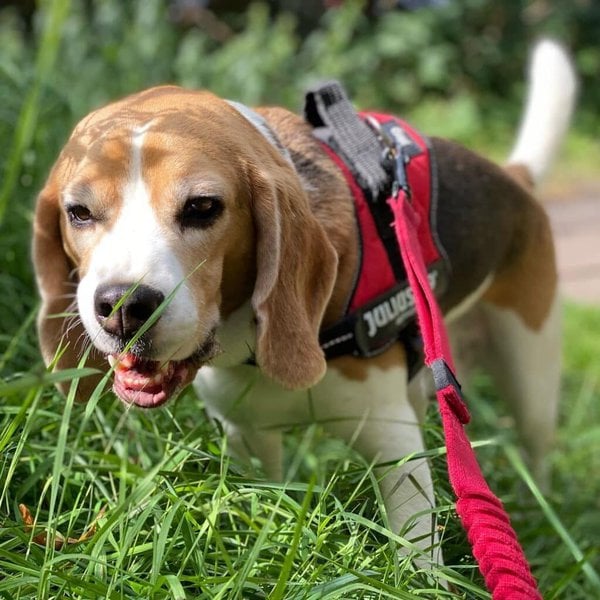
Can Dogs Get Parasites From Eating Grass?
Unfortunately, it is possible for your four-legged buddy to get parasites from eating grass. If an animal with intestinal parasites poops on the lawn, the parasites will remain on the grass long after the poop has decomposed.
If your dear Fido happens to feed on this contaminated grass, they will get infected with these parasites.
Sometimes, your dog can also eat grass because they already have intestinal parasites that are causing irritation in their stomachs.
If you’re concerned that your pooch has gotten parasites from eating grass, getting a stool examination done can help determine whether your dog is indeed infected.
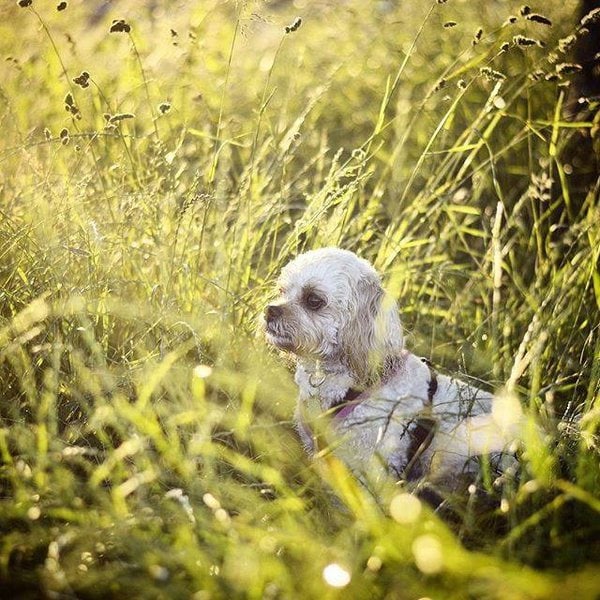
How Do You Know If Your Dog Has Intestinal Worms?
If your dog is eating grass and you suspect that they may have intestinal worms, some of the signs and symptoms you need to watch out for include:
- Weight loss
- Diarrhea
- A swollen abdomen
- Vomiting
- An unhealthy coat
- Lethargy
- Dehydration
- Bloody stool
If you notice any of these signs, visit a vet immediately.
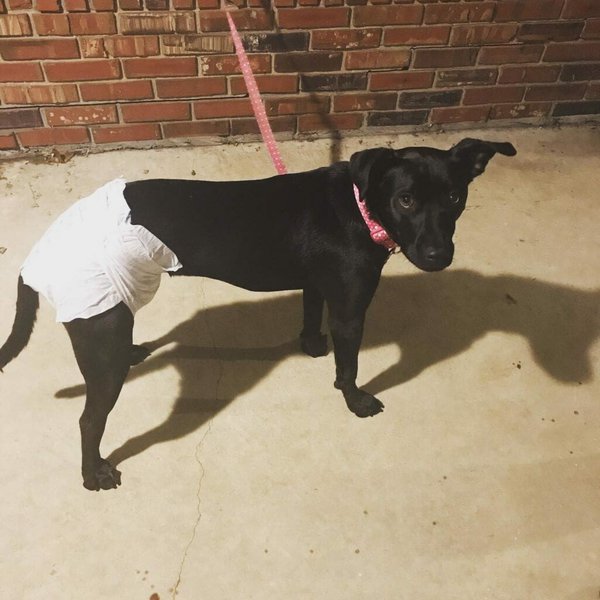
Why Is My Dog’s Stomach Making Noises And Eating Grass?
Eating grass coupled with grumbling noises from your dog’s stomach is a sign that your dear Fido has eaten something they are not used to, which is upsetting their stomach. Stomach noises can also be caused by an empty stomach, as well as the ingestion of excess air
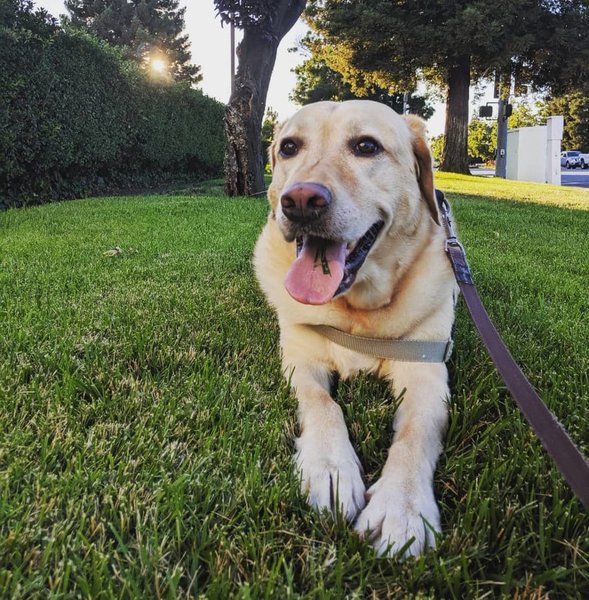
What Type of Grass Do Dogs Eat?
Different dogs will show individual preferences for different kinds of grass. Provided that your lawn doesn’t contain any harmful pesticides or herbicides and that you don’t have any toxic plants growing alongside the grass, you can leave your dog to choose for themselves the kind of grass they want to eat.
That said, there are some dog owners who opt to plant grass purposefully for their dogs to eat. If you want to plant grass, not for a lawn, but for your dog to graze on, you should go for pet grass, which is also referred to as intermediate wheatgrass.
Intermediate wheatgrass does not contain gluten, so you don’t have to worry about your dog getting allergic reactions after grazing on pet grass. Instead, it is an Asian pasture grass that is grown specifically for use as fodder
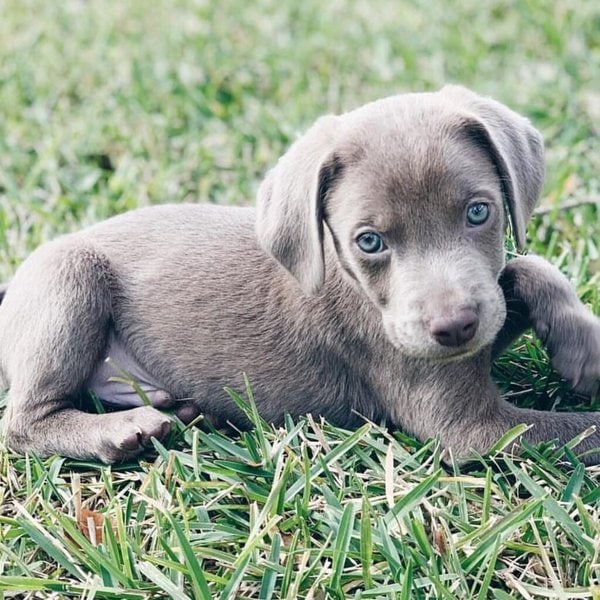
What Should I Do If My Dog Eats Grass?
Regardless of the reason why your dog is eating grass, it is a good idea to discourage or stop your dog from eating grass.
While eating grass will not make your dog sick by itself, there is always the risk that your dog could eat grass that is contaminated with herbicides and pesticides that are toxic. There is also the risk that your dear Fido could pick up parasites and worms when eating grass.
So, how do you stop your dog from eating grass? The answer to this question will depend on the reason why your dog is eating grass.
If your dog is eating grass as a way to make up for nutritional deficiencies, you need to provide more nutritious food for your pooch. Most dogs that eat grass for nutritional purposes do it because they are not getting enough fiber in their diet. Therefore, you should introduce foods that are rich in fiber to your doggie’s diet.
For dogs that graze on grass as a way to deal with boredom, the best solution is to ensure that your dog is getting enough exercise and mental stimulation. Take your canine buddy out for walks and hikes, and engage in fun play with them.
For this, I recommend getting the iFetch Interactive Ball Launchers For Dogs. This amazing toy is designed in such a way that you can teach your pooch to launch the balls for themselves, which means the toy will give your dog both mental and physical stimulation.
Another way to stop your dog from eating grass is to get them some chew toys and treats that they can chew on while out in the yard.
For instance, you can get some bones and leave them outside, but this carries an inherent risk of your pooch swallowing bone splinters. Thus, I recommend Chew King Fetch Balls for its near-indestructible property to satisfy your pooch’s chewing needs.
This way, when your four-legged buddy is bored, they will have something to chew on instead of grass.
If your furry buddy is chewing on grass because they like the taste and texture of grass, it will be a lot harder to get them to drop the habit. In this case, the best course of action is to keep your lawn free of toxic chemicals.
Alternatively, you can plant some pet grass that your fido can safely graze on, without the risk of toxins and parasites.
Do Dogs Eat Grass To Settle Their Stomach?
A lot of dog owners believe that dogs eat grass to settle stomach upsets. However, there is no scientific proof that dogs eat grass due to stomach upsets.
Various studies conducted informally show that most of the dogs that eat grass do not seem to be ill before doing so, and most of them do not vomit regularly after feeding on grass. Therefore, there are still doubts as to whether eating grass helps dogs to ease stomach discomforts. However, most dog owners still see it as a possible reason.
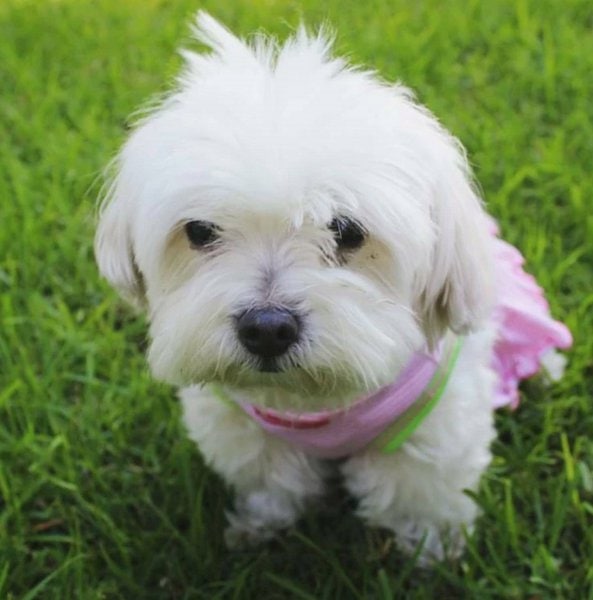
What Can I Give My Dog To Settle His Stomach?
If you notice that your dog seems to have a stomach upset, the best option is to avoid giving them any food for about 12 hours. This will give time for the upsets to settle, without giving your dog’s GI tract any additional stress.
If, after 12 hours, you notice that symptoms like vomiting or diarrhea have disappeared, you can then start giving your doggie some bland foods in small amounts. A good option is boiled rice coupled with boiled chicken.
Make sure that the food does not contain any fats, oils, or spices, since these can trigger the irritation again.
Another great option is to give your pooch some cooked pumpkin. Cooked pumpkin is easy to digest and is rich in fiber, which is crucial in relieving stomach upsets.
Pumpkin also contains several other nutrients and vitamins that are crucial to your pooch when they are suffering from a stomach upset. We recommend Libby’s 100% Pure Pumpkin 3 PK 29-oz Cans to start off with getting your pooch used to having pumpkin in its diet.
In case the stomach upset is accompanied by symptoms like vomiting and diarrhea, your pooch loses water very quickly and can easily get dehydrated. Therefore, you need to keep your dog properly hydrated until the stomach upset settles.
If a few days go by without any improvements in the symptoms, schedule a visit to the vet and have your canine buddy checked out.

